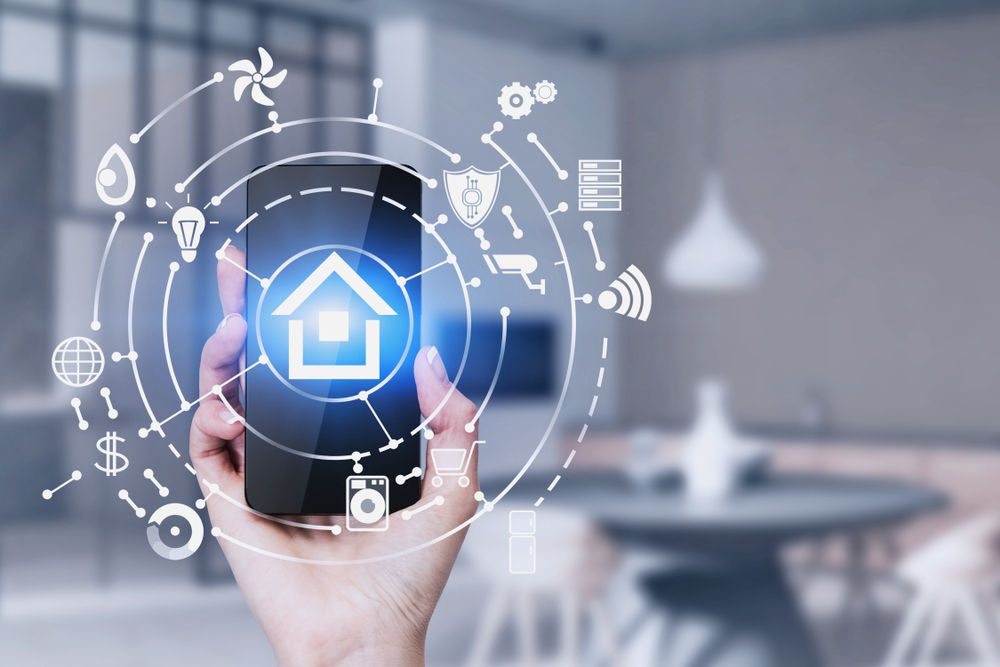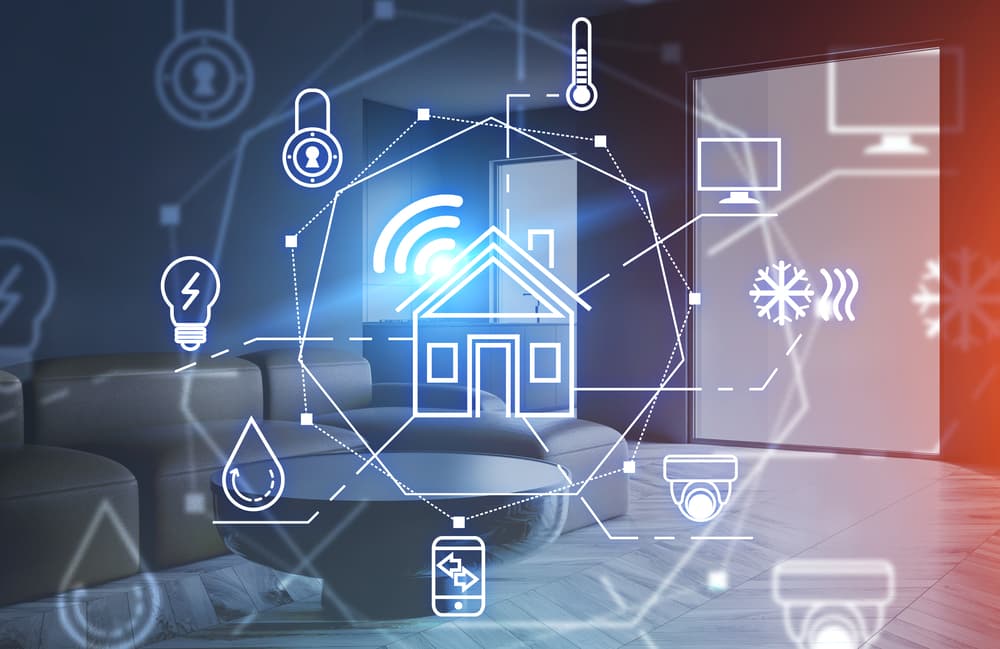
Smart plumbing systems for efficiency in modern homes
Share
Imagine a world where your plumbing system communicates with you as intelligently as your smartphone. With the advent of Smart plumbing systems for efficiency, this futuristic vision is now a reality. These systems are revolutionizing how we manage water usage in our homes, making them a must-have for tech professionals and enthusiasts. In this article, we delve into the intricacies of smart plumbing systems, exploring their capabilities and benefits for creating a more efficient home environment.
At the core of smart plumbing systems is the ability to monitor and control water usage remotely. By utilizing smart water leak detectors, these systems ensure that any anomaly or leak is detected in real-time, preventing potential disasters and saving homeowners from costly repairs. Not only does this make homes more efficient, it aligns with sustainable practices that are increasingly becoming significant in today's world.

The Rise of IoT in Plumbing
The integration of the Internet of Things (IoT) has been a game-changer for many industries, and plumbing is no exception. Smart plumbing systems are built on IoT platforms that allow for comprehensive monitoring and management. Through devices connected to the internet, homeowners can control water flow, pressure, and even set up schedules for water usage, all through their smartphones or smart home assistants. This revolutionary approach to plumbing exemplifies how modern technology can significantly enhance home efficiency.
Eco-friendly home automation is a rising trend, and smart plumbing fits seamlessly into these technologies. These systems not only conserve water but also contribute to reduced utility bills, promoting a greener footprint. The ability to automate regulation and detect anomalies contributes to an innovative and forward-thinking household.
Key Components of Smart Plumbing Systems
Smart plumbing systems consist of various components that work in tandem to provide a seamless experience. One of the critical components is the automatic water shut-off feature. This function activates immediately once a leak is detected, preventing water wastage and potential damage. Another essential component is machine learning water detection, which analyzes water usage patterns to predict and prevent possible issues.
Additionally, smart plumbing systems often include sensors placed strategically around the house to monitor humidity levels and potential leaks. These sensors relay data back to the homeowner in real-time, often through a dedicated app that provides insights and recommendations on water usage and efficiency improvements.
Benefits of Smart Plumbing Systems
Adopting smart plumbing systems for efficiency offers numerous benefits. First and foremost, it significantly enhances the water management capabilities of a home. By keeping track of water usage and detecting leaks, homeowners can prevent water waste and reduce their overall water consumption. Furthermore, these systems can even alert tech-savvy individuals to unusual patterns that might indicate issues such as faulty pipes or excess water pressure.
Moreover, smart plumbing systems contribute to sustainable water usage. In a time where environmental consciousness is pivotal, the integration of such advanced technologies aligns with global efforts towards sustainability. A perfect example is the focus on water leak detection system, which minimizes waste and fosters a culture of conservation.
Future Trends and Innovations
The future of smart plumbing systems is promising, with ongoing innovations promising even more efficiency and capabilities. One fine aspect is the development of systems that not only manage water but analyze its quality, ensuring it is safe and healthy for consumption. Innovations like real-time water quality monitoring and smart filtration systems are set to dominate the market, indicating the comprehensive nature of these smart solutions.
As technology advances, smart plumbing systems will become even more integrated into the infrastructure of homes, potentially tied into other smart systems such as heating and lighting for holistic home management. As a tech professional or enthusiast, staying abreast with these advancements ensures you remain at the helm of adopting technologies that embody efficiency and sustainability.

FAQs
What exactly is a smart plumbing system?
A smart plumbing system is an advanced network integrated with IoT technology that monitors, controls, and enhances water usage efficiency in homes. It involves sensors, automatic shut-off valves, and apps that provide real-time insights into water management.
How do smart plumbing systems save water?
These systems save water by detecting leaks promptly and providing detailed feedback on water usage patterns, allowing users to make informed decisions about conservation and efficiency strategies.
Are smart plumbing systems expensive to install?
While the initial installation of smart plumbing systems might require a significant investment, the long-term savings from reduced water bills, early leak detection, and efficient water management typically justify the cost.
